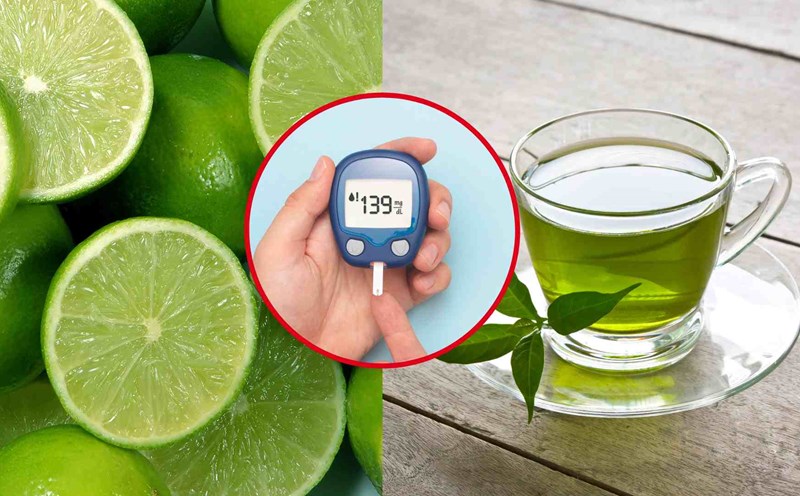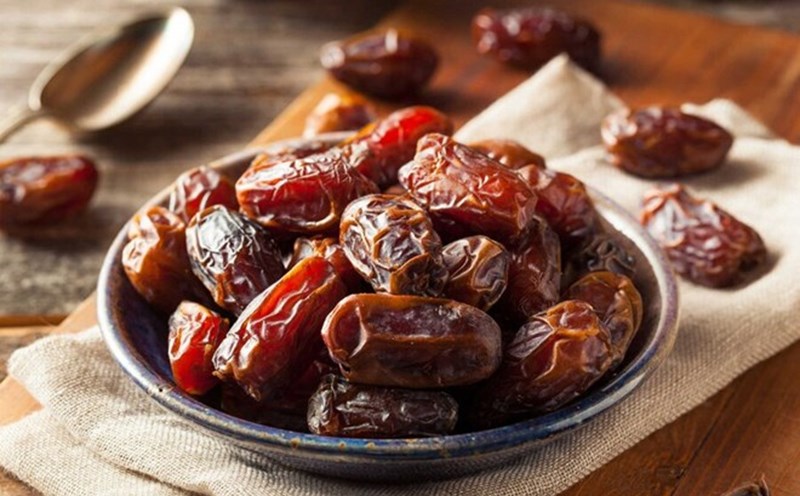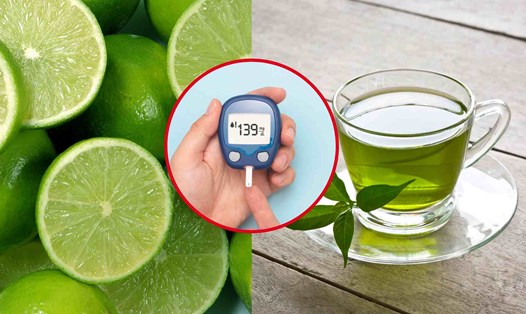However, in reality, pears are one of the fruits that diabetics can supplement regularly in reasonable amounts, thanks to its special nutritional properties.
First, pears contain low natural sugar content and have a low glycemic index (GI), often ranging from 3040, much lower than other sweet fruits such as mango or durian. This means that the amount of sugar in pears is absorbed slowly into the blood, not causing a sudden increase in blood glucose, helping people with diabetes better control their blood sugar index after eating.
Second, pears are rich in soluble fiber, especially pectin - a type of fiber that helps slow down the absorption of sugar and fat, while improving the digestive system. Each pear on average provides about 56g of fiber, meeting nearly 20% of daily fiber needs. This is an important factor in helping diabetics stabilize blood sugar and reduce the risk of cardiovascular complications.
Third, pears contain a lot of vitamin C, potassium and antioxidants such as flavonoids, which help increase resistance, protect blood vessel walls, and reduce inflammation - factors that are often damaged in people with diabetes.
However, people with diabetes should eat pears in moderation, about 1 medium-sized fruit per day and should eat the skin (with a washing emphasis) to make the most of fiber and nutrients.











